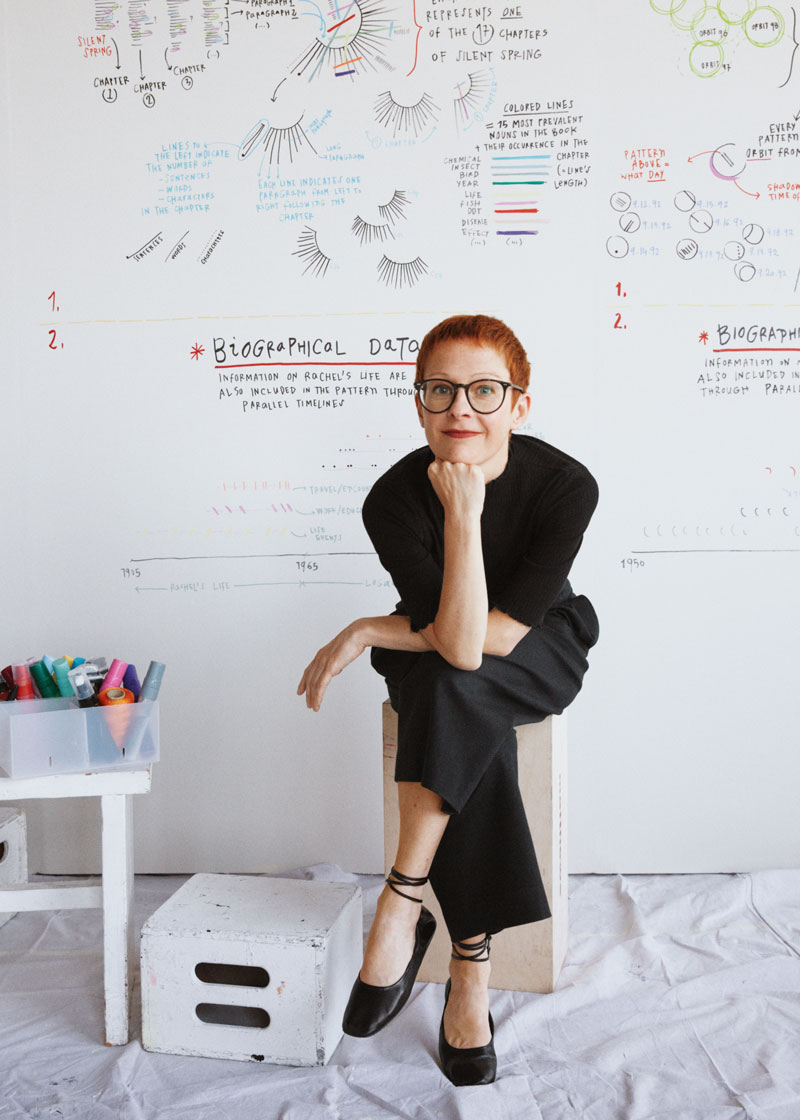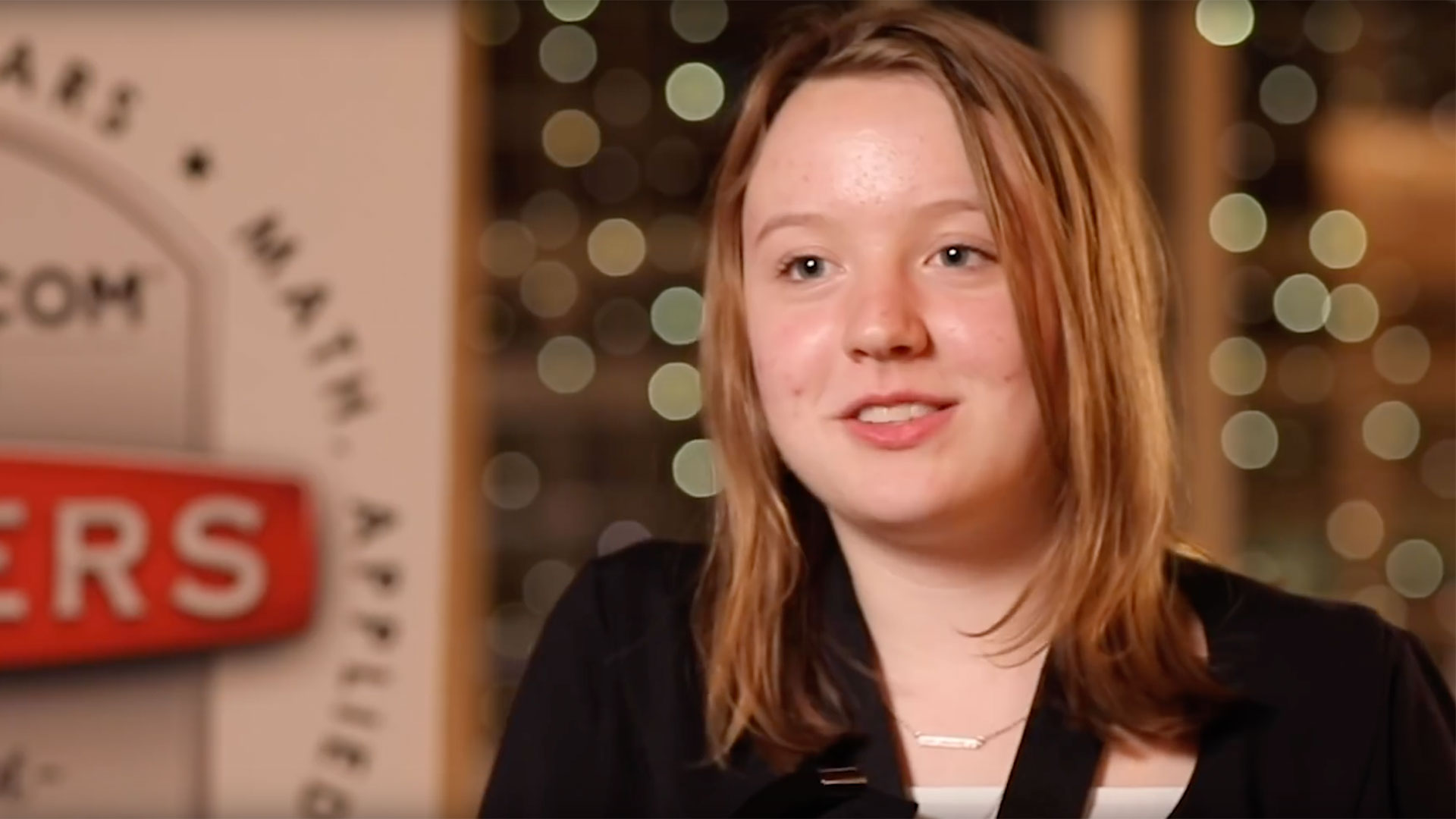According to the United Nations Development Programme, four billion people globally do not have an official street address, and most of the world’s countries do not have a proper address system. Sub-Saharan Africa is one region where this issue is particularly prominent.
Senegal’s NIMA Codes has developed a digital addressing system to make doing business in Africa easier.
“Having and communicating a reliable address is becoming a focal point as more and more services are relying on it to bridge the digital and the physical worlds,” co-founder and CEO Mouhamadou Sall told Disrupt Africa. “However, the lack of formal street addressing in Sub-Saharan Africa does not make that task easy.”
Originally launched in 2018, the company has established a digital mapping service for homes and businesses without a formal address. To use the service, individuals first must download the app and register with their phone numbers. Then, they need to take a picture of the front door of the building to register their addresses with NIMA Codes.
“If you come to Dakar and wanted to come to visit, seeing that I registered my address – I’d just give you my phone number and tell you my phone number is my address,” Sall told TechCrunch.
Since then, the API has evolved to include a chat tool and a feature called NIMA Snap, which allows users to capture an address using a picture. In 2020, the new-and-improved NIMA Codes plans to go live in 15 African countries. The app has over 16,000 users in Senegal and has recorded over 100,000 searches.
“What we offer right now is a reliable street-addressing product,” Sall explained. “Because it’s very difficult for people…to communicate location in Africa and a lot of services are using location. So we need a service that can communicate reliable locations.”
While NIMA Codes has competition from What3Words and Google’s Plus Codes, it offers a feature to reach people who may not be formally educated.
“Our approach is different in the sense that we’re taking into account the high unschooled population in Africa, which often have problems reading or writing words or alphanumeric code but are very comfortable dialing and communicating phone numbers,” Sall told Disrupt Africa.
The idea for the company came to Sall while working for a multinational enterprise in New York City. At the time, he was working on a speech recognition project around street addresses.
“I was using New York City addresses to test my programme and I could read dozens of them per day,” he recalled. “Working on the project made me realise two things – how formal the addressing system was in New York compared to my home country Senegal, which totally lacks a reliable addressing system, and how important having a reliable address was.”


